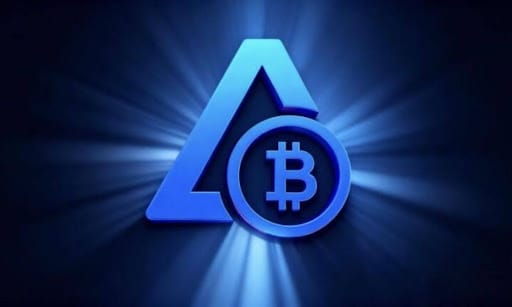El Salvador's Bitcoin Strategy Shifts After Securing 1.4 Billion IMF Loan

El Salvador has stopped its daily Bitcoin purchasing strategy, with the last transaction recorded on February 17, according to data from Arkham Intelligence. The pause follows the country's recent $1.4 billion loan agreement with the International Monetary Fund (IMF), according to a report from Cryptobriefing.
The Central American nation currently maintains a Bitcoin reserve of over 6,000 BTC, worth approximately $586 million at current market prices. The daily purchasing strategy, which started in November 2022, involved buying one Bitcoin each day under President Nayib Bukele's administration.
In a notable development this March, President Bukele moved the country's Bitcoin holdings of about 5,600 BTC, valued at more than $400 million, to a cold wallet. He called it "El Salvador's first Bitcoin piggy bank." This action also revealed the nation's Bitcoin wallet address to the public for the first time, changing from the previous method of announcing purchases only on social media.
The new IMF agreement extends over 40 months under the Extended Fund Facility and comes after four years of negotiations. The deal requires El Salvador to adjust its Bitcoin policies and could bring additional financial support of more than $3.5 billion during the program period. As part of these changes, El Salvador's legislature approved modifications to its Bitcoin law in January 2025, making Bitcoin acceptance optional for private businesses.
Despite the daily purchase pause, El Salvador has made several large one-time Bitcoin acquisitions:
- A $1 million Bitcoin purchase in December 2023, shortly after finalizing the IMF agreement
- An acquisition of 11 BTC in a single day on February 4, valued at over $1 million
- Multiple other purchases that went beyond the standard one-Bitcoin-per-day policy
These developments show El Salvador balancing its Bitcoin strategy with traditional financial agreements while maintaining significant cryptocurrency holdings.
As El Salvador adjusts its Bitcoin strategy, other governments are exploring cryptocurrency investments. Utah's state legislature has advanced House Bill 230, which would allow the state treasurer to invest up to 5% of specific public reserves in digital assets meeting strict criteria, including a $500 billion market cap requirement. The bill, which has passed the state House of Representatives and a Senate committee, could enable Utah to invest up to $70 million in Bitcoin, making it one of the first U.S. states to add cryptocurrency to its treasury portfolio.




